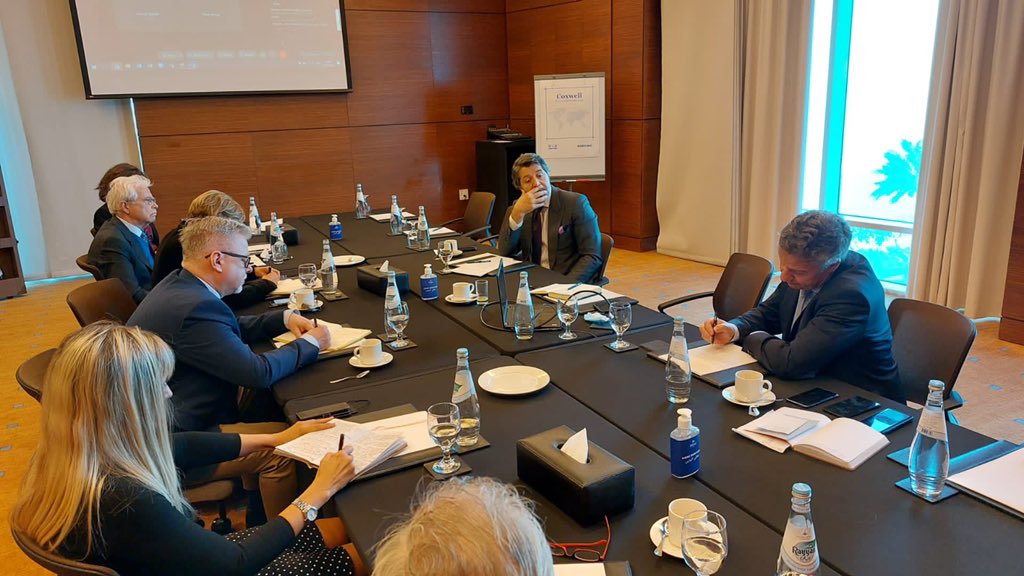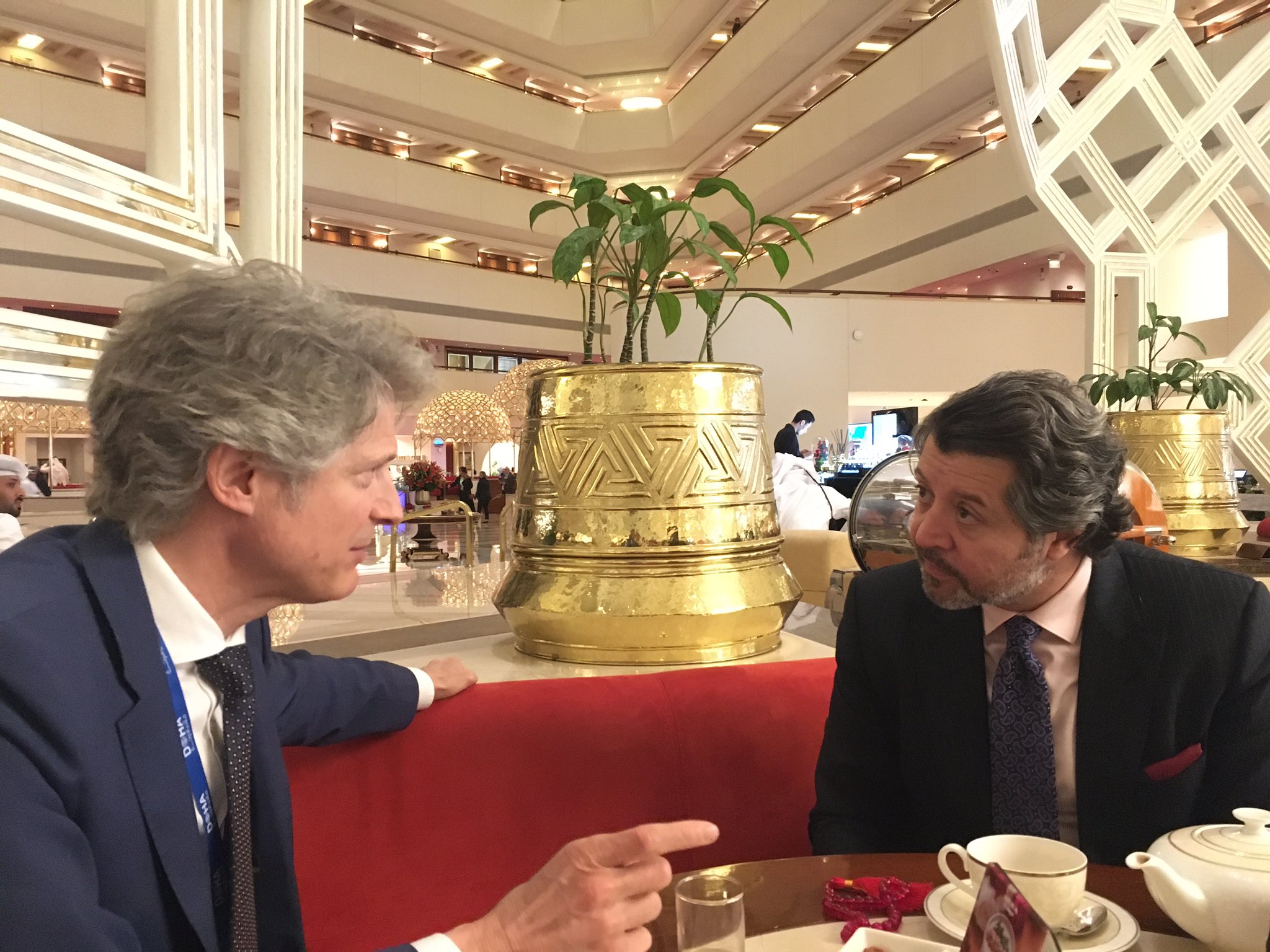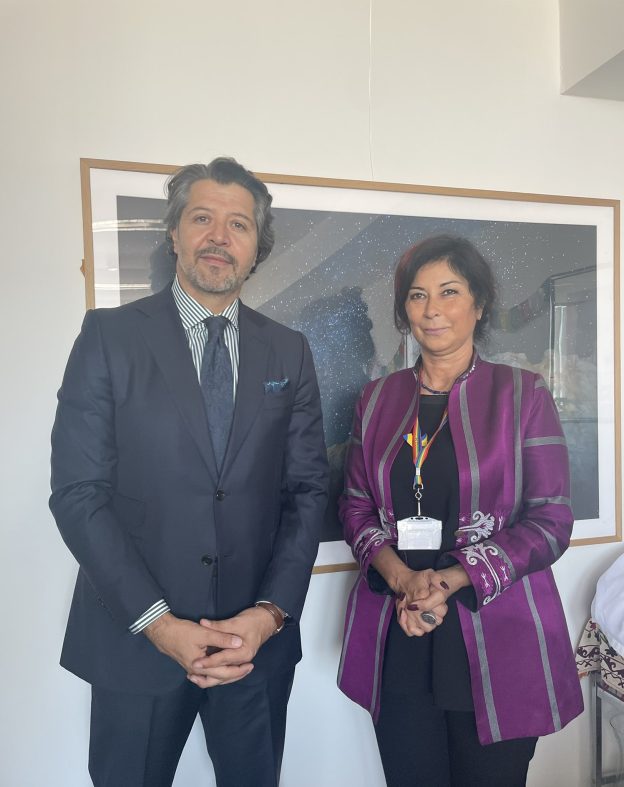Aug 16, 2010
3 – 4 August 2010.
Mr. Saifullah Ahmadzai, Senior Research Analyst at the Centre for Conflict and Peace Studies (CAPS) attended an International Conference titled: “Stabilizing Afghanistan: Regional Perspectives and Prospects” which was jointly organized by Islamabad Policy Research Institute (IPRI) and Henns Seidel Foundation (HSN). The two day seminar was held from 3rd to 4th August 2010. Many scholars attended the seminar representing most of Afghanistan’s neighbors and allies including India, Russia, Turkey, Saudi Arabia and Bangladesh.
It is important to understand regional perspectives; particularly of those neighboring countries that have played an important role in Afghanistan. Regional cooperation can contribute greatly to resolving the conflict in Afghanistan. The main objective of this seminar was to understand and acknowledge the role of regional countries in stabilizing Afghanistan. For instance, the manner in which regional countries play out their national interests in Afghanistan is critical to the overall state building process since any clash of national interests could create an obstacle for regional cooperation considering the volatile security situation in Afghanistan.
There were six sessions in this two day international seminar. The first day of the seminar commenced with an inaugural speech by Dr. Maqsudul Hasan Nuri, acting president of IPRI, who welcomed the participants to the conference. Subsequently, Dr. Nuri’s speech was followed by opening remarks from Dr. Martin Axmann, Resident Representative HSF Islamabad. The second session of the seminar, discussed the immediate role of regional neighbors (Pakistan, Iran, China) in stabilizing Afghanistan. While, the third session evaluated the role of distant neighbors (Uzbekistan, Tajikistan and India) in stabilizing the nation.
In the second day of the seminar, a number of participants presented their speeches on the stabilization of Afghanistan in the context of ground realities. Mr. Ahmadzai delivered a presentation in this regard, focusing on “Securing Afghanistan: A Roadmap toward Successful State Building.” In his presentation, Mr. Ahmadzai illustrated the state building practices that have been employed throughout Afghanistan’s history. He elaborated on various attempts at implementing reform programs dating back to King Amanullah Khan’s period in 1928 and the reforms implemented during Daud Khan’s Prime Minister-ship (1953 to 1962), following the reforms instituted during the Soviet period (1979 to 1989) leading up to the Afghan civil war, Mr. Ahmadzai mentioned the following reasons as the main failures of previous attempts at reform:
• Local uprisings
• Reforms tried to rapidly convert Afghanistan into a modern state and within a short
period of time
• Strong feelings of self-reliance among the rural population
• Limited delivery of public services
• High Illiteracy, especially in rural areas
Furthermore, Mr. Ahmadzai evaluated the state building process in the context of Afghanistan by first outlining the Bonn Agreement and how it laid the foundation for state building in Afghanistan after Taliban were removed from power. He also focused on the relationship between security and state building in Afghanistan. As the provision of security is a key element in any understanding of a legitimate state. Mr. Ahmadzai’s study found that both state building and security are inter-connected and influence one another. For instance, in order to provide security there needs to be well equipped and qualified security institutions present and in order to build such security institutions there needs to be a secure environment which Afghanistan does not enjoy at the moment. In this section Mr. Ahmadzai stressed upon strengthening Afghan National Security Forces (ANSF) and equipping Afghanistan National Army Air Corps (ANAAC). Accordingly, improving ANAAC is pivotal for several reasons as outlined by Mr. Ahmadzai in his study; first of all it can reduce the number of ANSF road convoys which are vulnerable to IEDs. Secondly, it will enable ANSF to conduct independent operations and thirdly, it will help reduce civilian casualties, and lastly. Moreover, it will also reduce the expenses associated to military operations. This is particularly important for 2014 when security responsibilities will be handed over to ANSF. At the end of presentation, Mr. Ahmadzai also highlighted some of key challenges and recommendations.
The seminar closed with a conclusion by Dr. Noorul Haque who presented the summary and recommendations of the seminar and announced that the articles presented in this conference would be published in a series in near future.





Leave A Comment